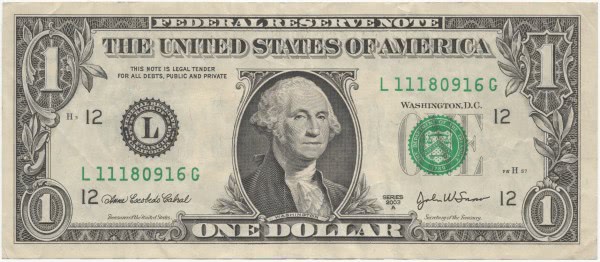| I pay with cash wherever I go. Heck, I would pay in cash online if there was a possibility for it. Doing so has a number of reasons, from privacy over reduced direct or indirect fees to avoiding overspending. It also seems to be a lot faster than paying by card, at least in my country where you often either have to type in your security code or sign a receipt before the money exchanges hands. Nothing's worse than having to stand in line for someone who is buying a pack of bubblegum with a card. You probably have read that there is a movement in Sweden to make the country the first cashless economy in the world. ZDnet for instance ran the story today, but they have not been the first to do so. It actually dates back at least to 2010, when the New American published Sweden Considers Cashless Society.  Before I take a look at why a cashless society is bad for the majority of people, I'd like to take a look at the other side. Who is advocating a cashless society, and why? As far as Sweden goes, it seems that a group of government officials, celebrities, and unions are pushing towards a cashless society. The core reason mentioned is a drop in robberies ever since the society turned to electronic transactions. According to information posted by the Huffington Post article, bank robberies in Sweden are down from 110 in 2008 too 16 in 2011, and robberies of security transports are down as well. While that is an impressive drop, there is no study that is linking the reduction to the shrinkage of the cash economy in the northern European country. The same article mentions that bills and coins represent 3 percent of Sweden's economy, a stark contrast to the 7% in the U.S and the 9% in Europe. How do ordinary people benefit from a cashless society? Some like ABBA's Bjoern Ulvaeus believe that less people will get robbed as a consequence, as robbers can't take away what's not there. A cashless society however has several other consequences:
|
View article...

No comments:
Post a Comment